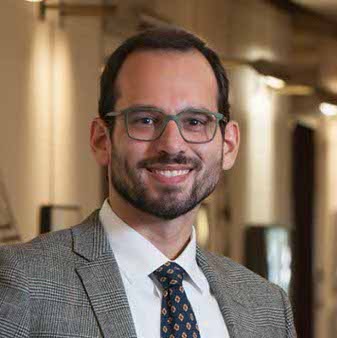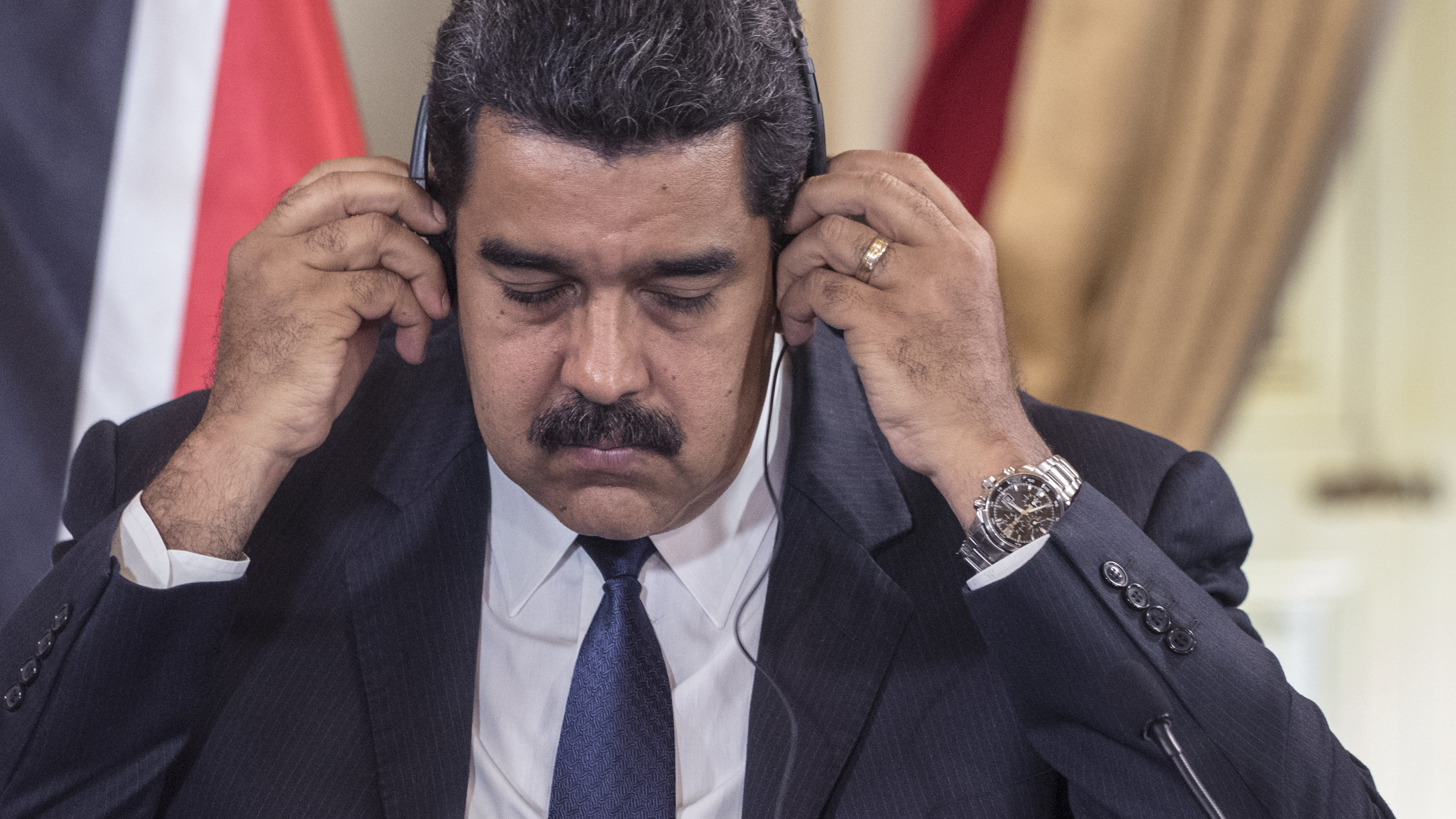An Open Letter to Joseph Arpaio’s Attorneys
Last week, I wrote an op-ed in The Boston Globe suggesting that a private attorney should be appointed to challenge the constitutionality of former Sheriff Joseph Arpaio’s pardon—a suggestion that has now been formally presented to the judge in Arpaio’s case.
Last week, I wrote an op-ed in The Boston Globe suggesting that a private attorney should be appointed to challenge the constitutionality of former Sheriff Joseph Arpaio’s pardon—a suggestion that has now been formally presented to the judge in Arpaio’s case. This week, Arpaio, through his attorney, threatened to sue me if I did not issue a retraction. Specifically, he asserts that the following sentence in the Globe piece is “false and misleading”:
“Arpaio was convicted of violating a court order that directed him to stop arresting Latinos unless he had probable cause that they had committed a crime.”
Given the tendency of late for our political leaders to threaten lawsuits as a way to try to suppress speech that they find critical or unflattering, I have decided to publish here the complete letter that I received from Mr. Arpaio’s attorney, along with my response.
Letter from Mark Goldman, September 12, 2017
Mr. Crespo:
Please be advised that this law firm represents Sheriff Joe Arpaio. We have reviewed the attached Op/Ed piece that you caused to be published in the Boston Globe.
Given your legal education, experience and expertise as claimed in your bio at Harvard Law School, you must be aware that your following statement in your Op/Ed is false and misleading: "Arpaio was convicted of violating a court order that directed him to stop arresting Latinos unless he had probable cause that they had committed a crime."
Based upon the foregoing, we request that you immediately publish a retraction of that statement in the same manner that it was published.
As to the consequences of your published false statement, and worse yet your refusal to correct the record, I'm sure that you'll be able to figure that out for yourself or discuss it with your fellow faculty members.
Finally, did you write your Op/Ed with the approval and/or knowledge of Harvard Law School, and if so, who approved or knew of your Op/Ed?
Govern yourself accordingly,
Mark Goldman
My Response, September 15, 2017
Mr. Goldman:
In December of 2011, your client was ordered by a federal judge to stop arresting people in Maricopa County whom he suspected of being undocumented immigrants but who had not committed any actual crimes. As your client’s defense team acknowledged during the course of those proceedings, 94% of the undocumented population in Arizona is “from Mexico alone,” meaning that, to quote the judge who heard the case, “virtually all” of the undocumented residents of Maricopa County “are of Latino ancestry.” Moreover, as the same judge later concluded in 2013, at the time that your client was ordered to stop arresting undocumented immigrants in 2011, he had been instructing his officers that they could identify people as potentially being undocumented in part by reference to their “Latino ancestry” and their “Latino identity.” Indeed, as the judge further noted, Mr. Arpaio testified in that case that he “would not investigate Caucasians for immigration compliance because it would not have occurred to him that they were in the country without authorization.”
In short, the people whom your client was unlawfully arresting were Latinos. He was ordered to stop. He violated that order and, as you know, having represented him in his ensuing criminal trial, he was convicted of criminal contempt of court as a result. Accordingly, while I understand that Mr. Arpaio may have been offended by my recent editorial in The Boston Globe, I will not be issuing a retraction, as the statement that you find objectionable is, in fact, true: “Arpaio was convicted of violating a court order that directed him to stop arresting Latinos unless he had probable cause that they had committed a crime.”
As for any potential consequences of this decision, I trust you recognize that truth is “an absolute defense to a libel claim.” Noonan v. Staples, Inc., 556 F.3d 20, 26-28 (1st. Cir. 2009). Indeed, even if a statement—unlike mine in the Globe—is not literally true, a libel action will fail as a matter of law if the statement was “at least substantially true,” given that “substantial truth is all that is required.” Id. Moreover, when the statement at issue concerns a public official like Mr. Arpaio, even a statement that is flatly false cannot support a libel claim, absent a showing, as required by the First Amendment, that the allegedly defamatory statement was published “with ‘actual malice’—that is, with knowledge that it was false or with reckless disregard of whether it was false or not.” New York Times Co. v. Sullivan, 376 U.S. 254, 280 (1964) (dismissing on constitutional grounds a libel action filed by the police commissioner of Montgomery, Alabama).
Finally, please bear in mind that, were your client to initiate the lawsuit that you have intimated, he would be liable for a judgment ordering him to compensate me financially for any fees or costs that I might incur responding to his claim, which, for the reasons stated above, would be “devoid of reasonable factual support or arguable basis in law.” Cardno Chemrisk, LLC v. Foytlin, 68 N.E.3d 1180, 1186-87 (Mass. 2017).
Accordingly yours,
Andrew Manuel Crespo


.jpeg?sfvrsn=e13b9854_7)

